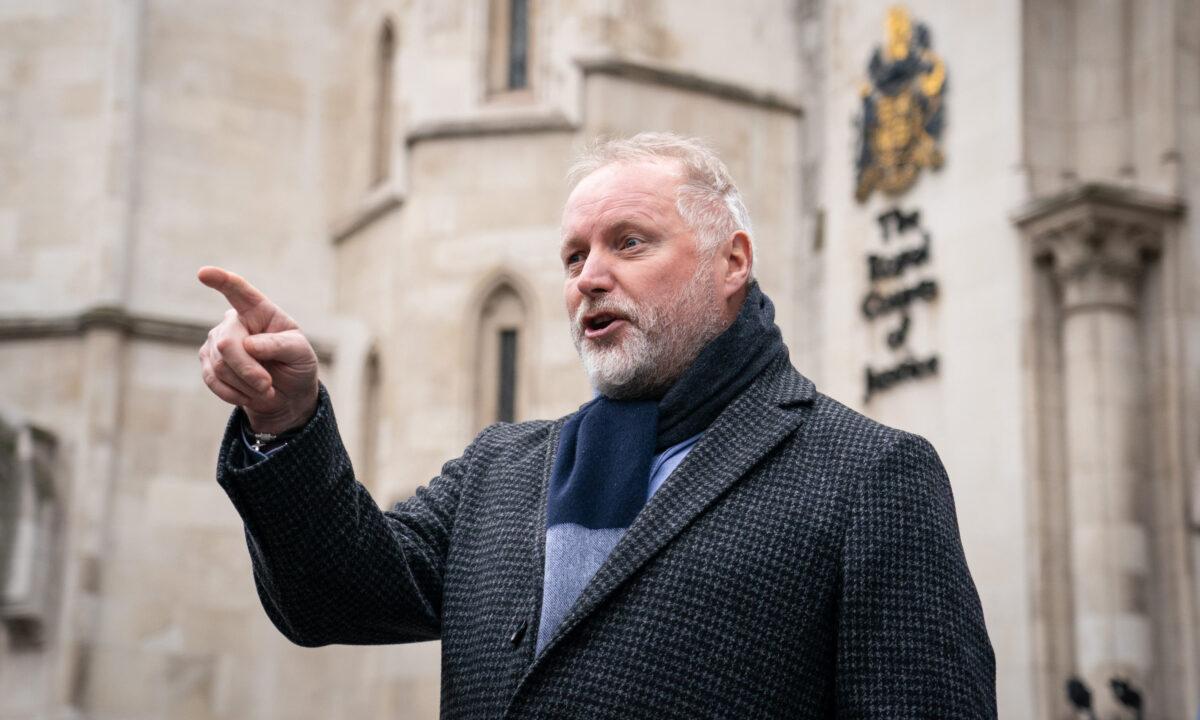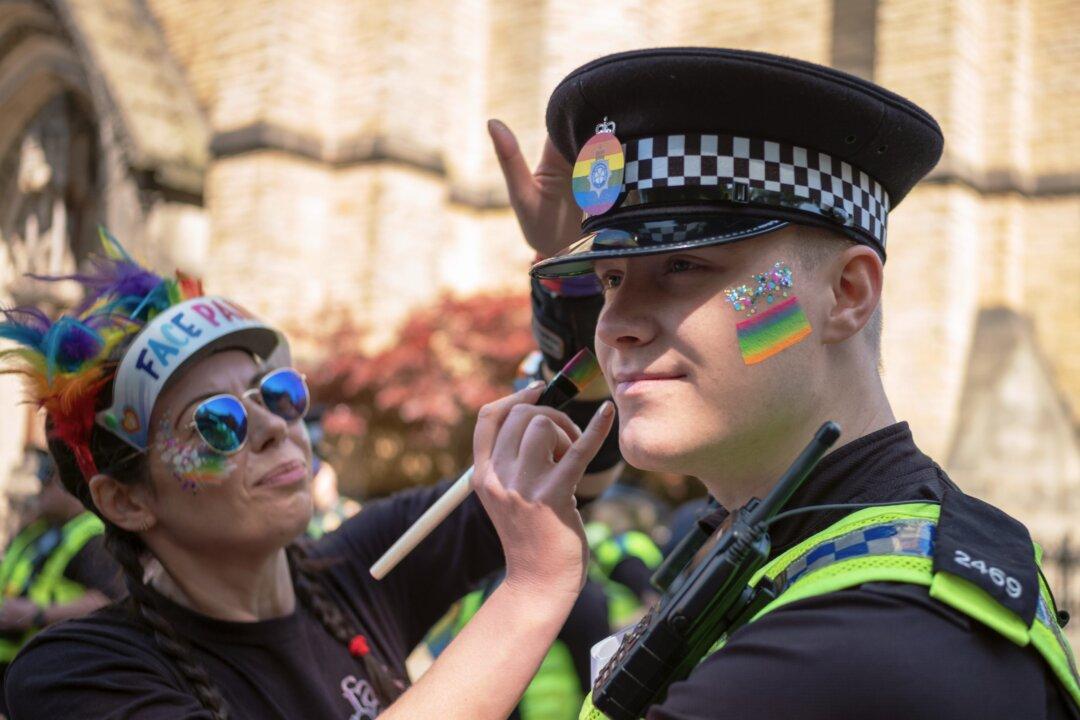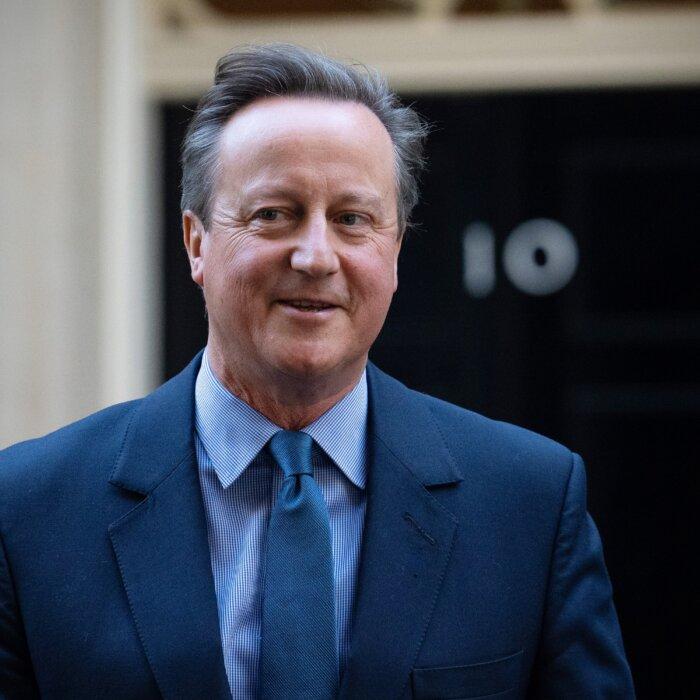Police staff networks driven by identity politics are compromising the ability of forces to maintain public perceptions of impartiality, a watchdog has found.
A letter to Home Secretary James Cleverly from His Majesty’s Inspectorate of Constabulary, Fire & Rescue Services (HMICFRS) on Thursday, provided an initial update to the review on “woke” policing ordered by former Home Secretary Suella Braverman last year.
Part of the remit was on the role of independent advisory groups that are consulted on revisions to policy or process.
The letter from the Chief Inspector of Constabulary Andy Cooke said that “the forces we inspected use advisory groups, but they use them in many different ways.”
Some of these identity-based staff association groups have been criticised for being biased.
It found that such groups tend to be made up of “identitarian activists” who can lobby the police for their own interests, most notably “talking up ‘hate crime' as a police priority, despite the evidence showing most recorded hate crimes to be non-violent.”
The letter did not name any specific groups but said there “is no consistency in what forces call these groups or how they recruit members.”
“More recently, as forces strive to create a more inclusive workplace, the number of staff networks has grown,” it said.
HMICFRS said that the networks’ purpose is “no longer purely to support those from under-represented groups.”
“The presence of networks that hold views and actively campaign on contested matters makes it harder for forces to be, and appear to be, impartial in the view of the workforce and the public,” it added.
In some cases, though, the police saw value in such groups helping forces to respond to incidents. For example, one force used a network to “provide advice and facilitate communication with a section of their community during a high-profile serious crime investigation.”

Harry Miller, a former police officer who is now part of the organisation Fair Cop that campaigns against “ideological policing,” told The Epoch Times that he challenged the LGBT Police Network, which now no longer posts on social media at a national level, after it wrote that “it stood for Stonewall.”
“I mean, you can’t get more political than that, can you?” he said.
Non-crime Hate Incidents
Other initial findings from the activism review found examples of forces placing particular emphasis on those with certain protected characteristics, usually in respect of race, sex, and sexual orientation. In so doing, forces risk “discriminating against those with other protected characteristics, such as disability, age or some faiths.”The letter also found “wide-ranging inconsistencies” in forces’ approaches to non-crime hate incidents (NCHIs).
British police have encouraged the public to report NCHIs, described as “any non-crime incident which is perceived by the victim or any other person to be motivated by hostility or prejudice,” on official hate crime sites.
Ms. Braverman had previously warned that she was “deeply concerned about reports of the police wrongly getting involved in lawful debate in this country,” in recording NCHI incidents and that officers must always have freedom of expression at the forefront of their minds.
Mr. Miller brought a judicial review against the professional body for the police in England and Wales, the College of Policing (CoP), and Humberside Police after an officer visited him at work to “check his thinking” over reposting a gender-critical limerick on Twitter.
In 2021, a top court ruled that CoP’s guidance on recording NCHIs violated his freedom of expression as set out in Article 10 of the European Convention of Human Rights.
The letter said that in three forces, where officers and staff recorded reports as hate incidents or hate crimes, there was no assessment to determine if the circumstances should have been recorded as an NCHI or whether the incident required any police response.
Macpherson Report
“I have no problem with non-crime hate incidents, as Macpherson imagined,” Mr. Miller said, noting that it was a well-intentioned practice emerging in the aftermath of the Macpherson report that looked into how police approached racially motivated crimes after the murder of Stephen Lawrence in 1993.He said that this is evidence that the police collected “pre-crime which wasn’t quite conspiracy.”
“In that case, the murder of a black person. Now the police have always collected that kind of data. And the public would expect them to collect that kind of data, because you can draw a very clear line of sight between the information and intelligence that they’re gathering and a future crime,” he said.
However, he noted that his Fair Cop colleague, the barrister Sarah Phillimore, had an NCHI recorded against her for writing on X, formerly known as Twitter, “My cat really loves Dreamies perhaps he’s a Methodist.”
He said “this was miles apart” from how it should be used, and that police officers have to justify it with “Macpherson in mind.”
“They’ve got to have a distinct future crime that they are hoping to prevent in mind. Otherwise, don’t collect it,” he added.
The Epoch Times contacted the LGBT Police Network for comment.







